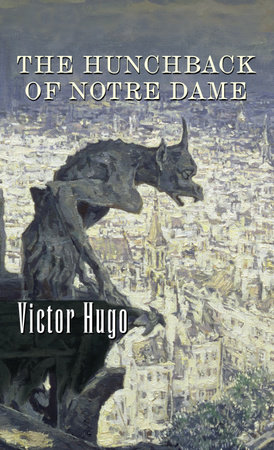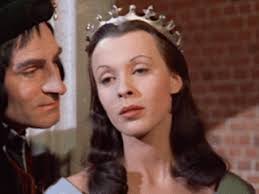I was struck with an overwhelming sense of "for f*ck's sake" upon coming across the exchange in act IV, scene two regarding Richard’s wish to kill the two boys, specifically lines 20-22: (Richard to Buckingham) “Shall I be plain? I wish the bastards dead, And I would have it suddenly performed. What sayst thou now?”. Which, to me, sounds like “Hey, kill those kids. Ok? Ok.” And when Buckingham offers his hesitations about the matter (lines 26-27: “Give me some little breath, some pause, dear lord, Before I positively speak in this”) Richard says, in short, “Lame. I’ll get someone else that’s not a wuss.”
I find it so outrageously bold and
somewhat comical of Richard, though not completely
out of turn for him, being that the play has sort of been prepping us all along
for his general outrageousness- and I do remind myself that it is indeed a play-
but to me it’s so silly that it takes me out of the moment and makes me
hyperaware that it is really just a
play.
This all brings me to that overarching
theme of this course so far: the embellishment of historical tales and the
degree thereof. We know already that the facts are skewed, but I wonder (my own
disbelief aside) that, if they weren’t, would it or could it have happened so
casually? Clearly, I haven’t the real answer to this, but what I do know is this: there are more layers to this
conundrum than just skewed facts- that is, their depiction that brings people
to be so misinformed. If Shakespeare is going around saying this untrue thing
happened in this absurd manner, then things get extra funky (and not in a good
way).
I
couldn't find an image with quite the right feel to accompany this blog post,
so I made my own.
Created
using imgflip.com, image from television series "The Simpsons"





